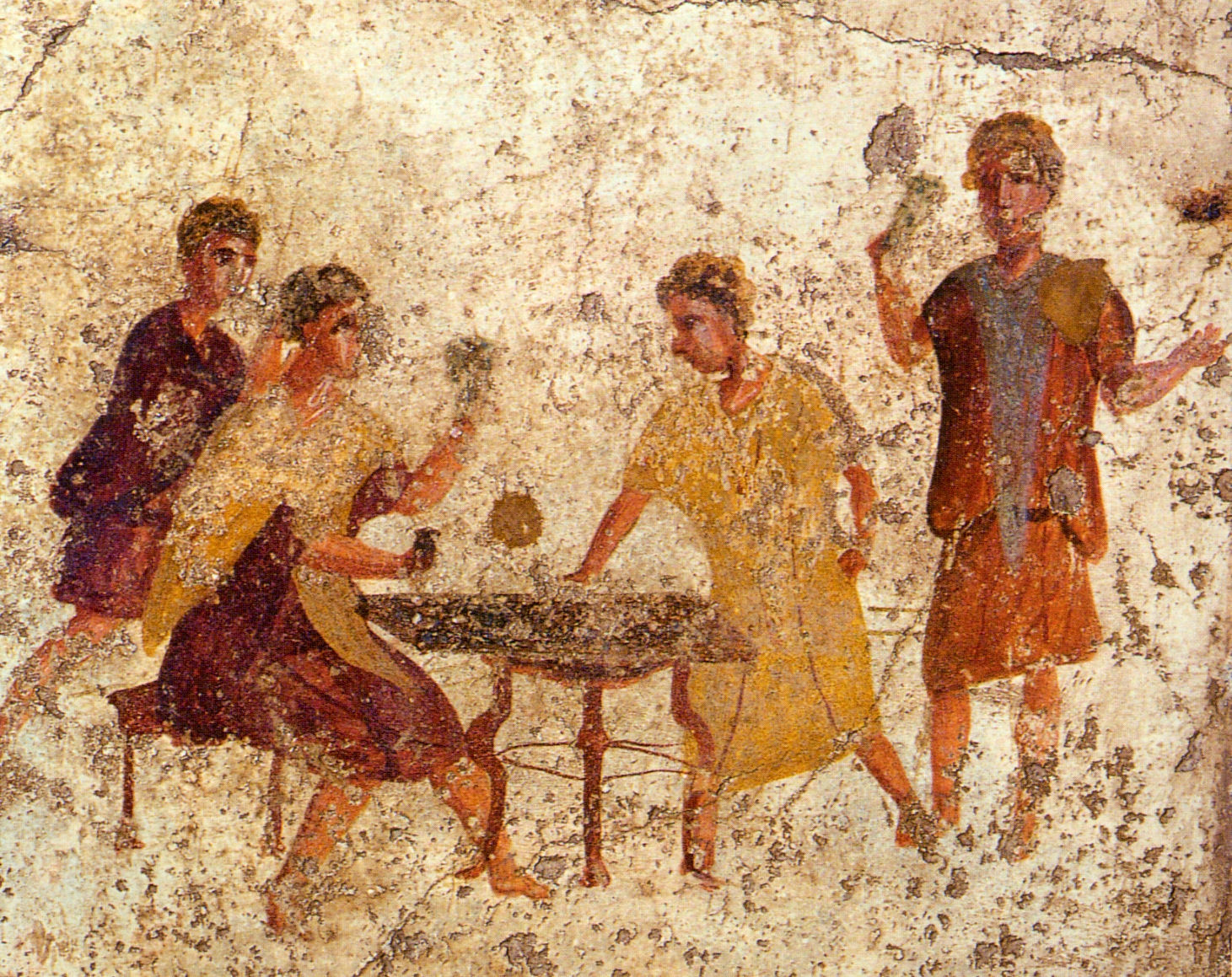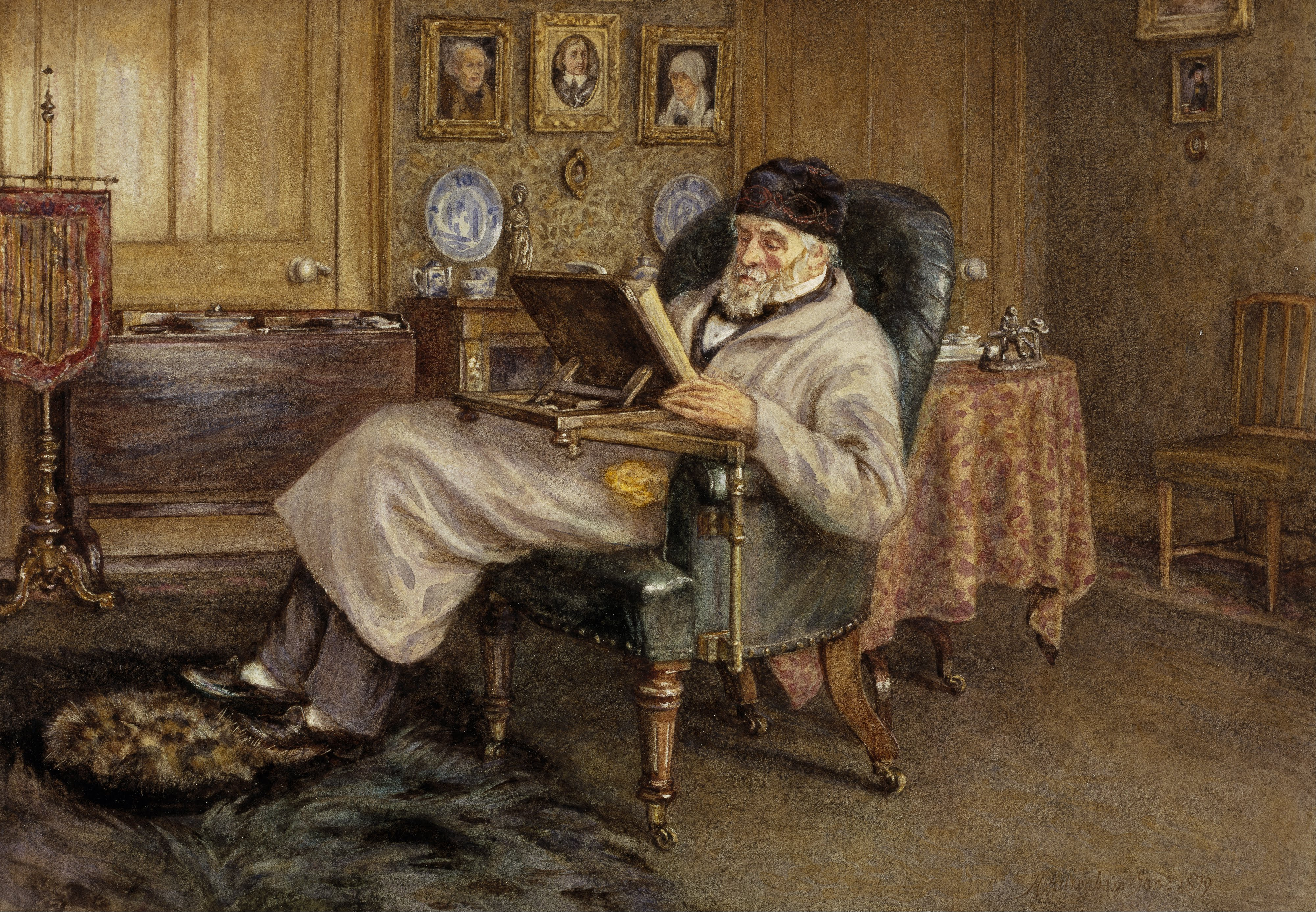 |
| Shanghai, 25 March 2016. Photo by Michael de Percy. |
 Lust, Caution by Eileen Chang
Lust, Caution by Eileen ChangMy rating: 3 of 5 stars
This collection of short stories focuses on life during the Second World War in Shanghai (and partly Hong Kong), including aspects of the Japanese occupation. Eileen Chang lived through this period in Shanghai and Hong Kong, and while many of the stories are about mundane everyday life, the issues of culture, imperialism, intrigue, gender roles and relations, class, and love provide an interesting ethnography of the times. The trajectory of the plots are noticeably different to male and western authors, with no noticeable climax and conclusions that peter out and fade away somewhat like a 1960s pop music hit. That is not to say that the stories are unresolved - they certainly are - but that the resolution occurs as a phase in the life that otherwise continues on. Yet each story projects a form of melancholy that I suppose reflects the wartime situation - somewhat like Hemingway's ever-present tragedy that is inescapable in almost all of his writing. While visiting Shanghai for the first time in 2016, I read W. Somerset Maugham's work On A Chinese Screen. Maugham tried to show a side of everyday life for local inhabitants that was otherwise ignored by the imperialists. Chang provides the inside story, and while the stories have all been translated into English, one does not feel that there is anything missing from the work. Chang was prolific, and I will try one of her novels in the near future.
View all my reviews
 Donate
Donate




















_(14566631398).jpg)























 The Political Flâneur: A Different Point of View
The Political Flâneur: A Different Point of View